Many scandalous statements, but few facts
Slovak Prime Minister Robert Fico was the first to announce that the transit of Russian oil would be halted. According to him, in June, Ukraine put the Russian company Lukoil on the sanctions list, which led to a halt in Russian oil supplies. Fico made this statement during a telephone conversation with Ukrainian Prime Minister Denys Shmyhal, Slovak media reported. However, the press service of the Cabinet of Ministers did not report these talks at all. Robert Fico cynically noted that Slovakia "does not want to be a hostage to Ukrainian-Russian relations".
"The inclusion of Lukoil in the sanctions list is another example of senseless sanctions that harm not Russia, but mainly some EU states, and this is unacceptable," the Slovak Prime Minister's Office said.
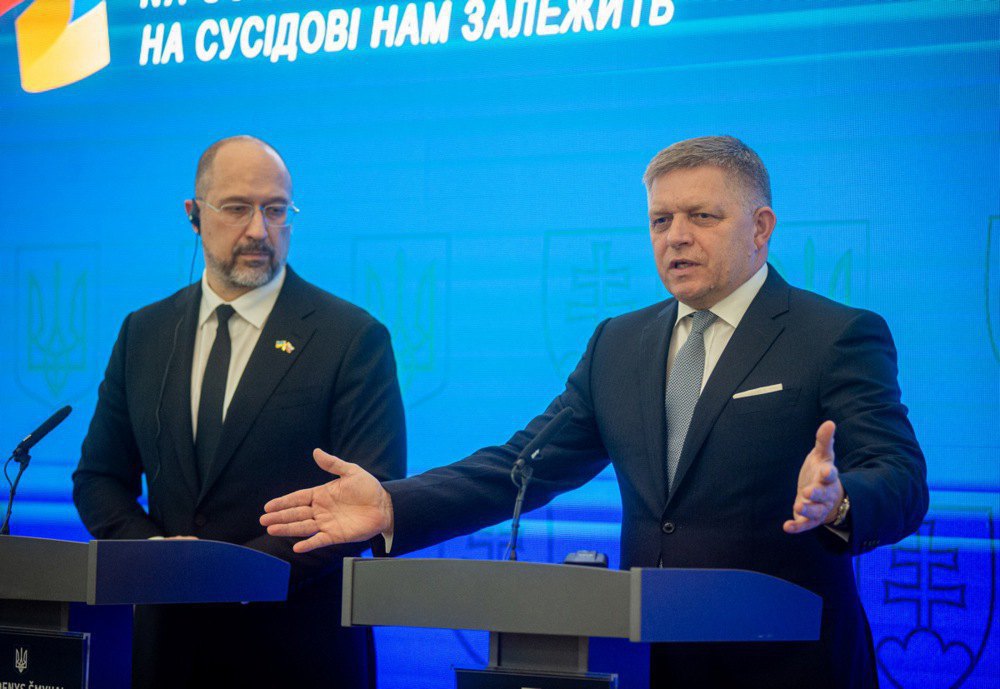
Fico does not hide his affection for the Kremlin. He has repeatedly criticised the sanctions imposed on Russia by the European Union. Although oil supplied through pipelines is not subject to these restrictions. At the same time, the EU has developed a special plan that provides for a complete rejection of resources from Russia by 2027. More than a billion euros have been allocated for this purpose, and it is planned to upgrade old oil pipelines and build new ones.
Hungary also began to accuse Ukraine of provoking the fuel crisis. Foreign Minister Peter Szijjártó said that Kyiv had allegedly stopped oil transit at the end of June. Szijjártó made this statement immediately after a meeting with Russian Foreign Minister Sergei Lavrov. He said that now the Hungarian company Mol and the Russian Lukoil are looking for "joint legal solutions". Peter Szijjártó threatened Ukraine with lawsuits in international courts.
"This is an unacceptable step by Ukraine, a country that wants to be a member of the European Union, and with one decision puts the oil supply to two EU members at fundamental risk," the Hungarian foreign minister said.
Hungary is critically dependent on oil supplies from Russia. The share of Russian resources is 70%. This is how Viktor Orbán's regime manages to keep fuel prices at one of the lowest levels in the EU. And thanks to additional revenues, it is able to cover the budget deficit.
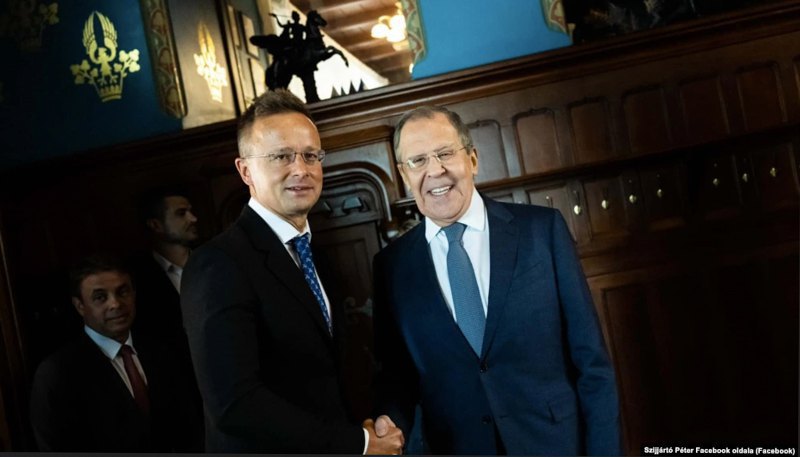
At the same time, Hungary is a significant contributor to the Russian state budget. According to various sources, the Kremlin receives a quarter of a billion euros from the Hungarians every month. Even after the full-scale invasion, this cooperation has not decreased.
"According to the results of 2023, 4.3 million tonnes went to the Czech Republic, 4.5 million tonnes to Slovakia, and 4.8 million tonnes to Hungary. In total, more than 13 million tonnes. And in 2022, this figure was over 14 million. There is still a downward trend," said DiXi Group analyst Andriy Ursta.
Statements by Hungarian and Slovak officials sometimes contradicted each other. Russian oil suppliers also made their official positions public. And then it turned out that it was no longer a question of a complete halt to transit, but only a reduction in volumes. At least this is what the Slovakian company Transpetrol said, claiming that it no longer receives fuel from Lukoil.
Russia's Lukoil came under Ukrainian sanctions back in 2018. However, these restrictions prohibited Russians from withdrawing capital from Ukraine, participating in the privatisation of property, or trading in it. In June this year, the National Security and Defence Council significantly expanded them. Naftogaz explained that the new restrictions did not stop oil transit.
"There is no Lukoil oil in transit, but the volumes are the same," said Oleksiy Chernyshov, chairman of the Naftogaz board.
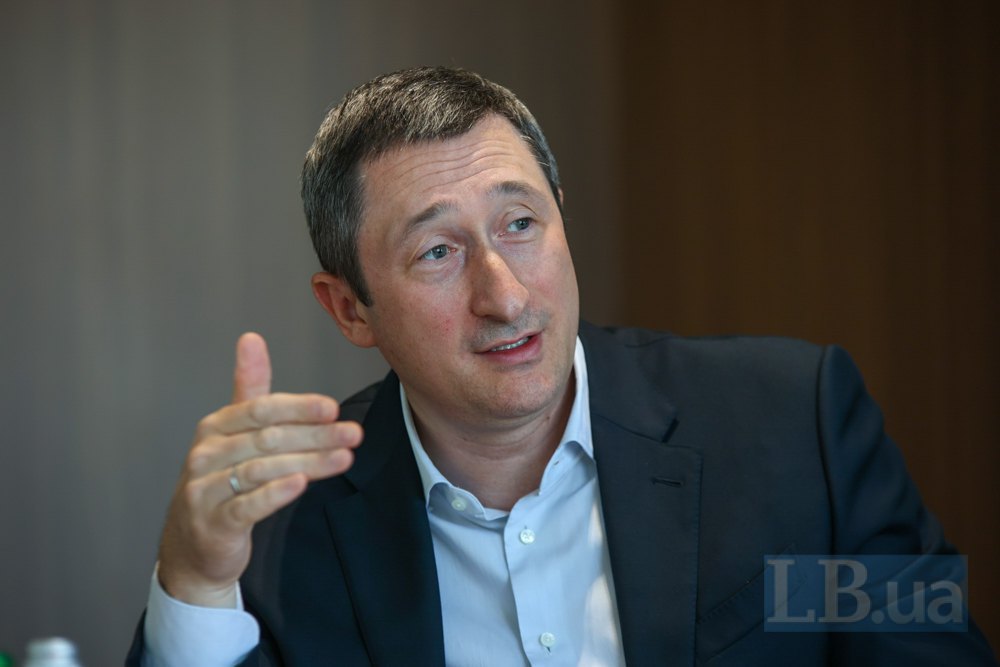
When Hungarian and Slovak officials talk about possible fuel shortages at petrol stations, they are exaggerating: even if Russian transit volumes have decreased, both countries have access to alternative oil supply routes. The only question is the price and political will. It is not known for certain how much Russian oil is worth to Slovakia and Hungary. Most likely, the Kremlin sells it to the Orbán and Fico governments at a significant discount. The question is: what are these preferences in exchange for?
"It seems to me that Hungary and Russia have played such a game to intimidate Hungarian society. To turn it against Ukraine. And it is beneficial for Russia to make Hungarians dislike Ukraine even more. To make them block Ukraine's accession to the EU and the supply of weapons to Ukraine more. That's why, I think, this campaign was launched," said Volodymyr Omelchenko, director of energy programmes at the Razumkov Centre.
Is it beneficial for Ukraine to stop oil transit?
Kyiv could have stopped transiting Russian oil at the beginning of the full-scale invasion. However, Ukraine decided not to do so. The position is simple: we have to fulfil our obligations to our European partners. The transit contract was signed by Ukrtransnafta and Transneft. It is valid until 2030. On a national scale, the benefits of pumping Russian oil are not very large.
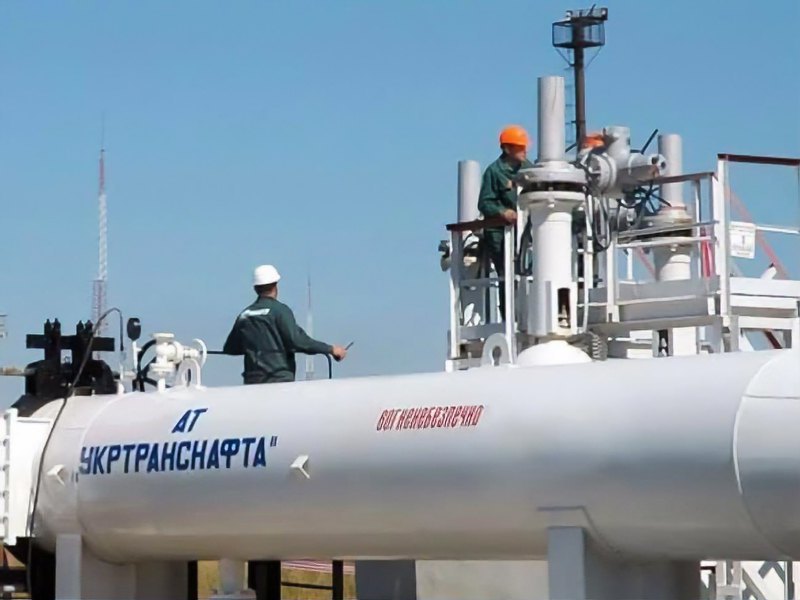
"I am against transit. It seems to me that when we have a war of attrition, this is not the way to fight. According to my calculations, Ukraine receives only $240 million a year for transit. At the same time, the Russians sell $5-6 billion worth of oil. Why are we doing this? What is the economic sense for us? In addition, oil is pumped using electricity, which Ukraine really needs now," said Serhiy Makohon, former head of the Ukrainian Gas Transmission System Operator.
"Lukoil is not the only oil supplier to the EU. At least two other companies, Tatneft and Rosneft, trade with Hungary, Slovakia and the Czech Republic. Both have not yet been sanctioned by the National Security and Defence Council. According to various estimates, the share of Lukoil's oil in the total transit through the Druzhba pipeline reaches one third.
"This is now classified information, but according to our data, transit did not stop in July, it did not even decrease. It has grown and will be a record for the last five months," said Oleksandr Sirenko, an analyst at Naftorynok.
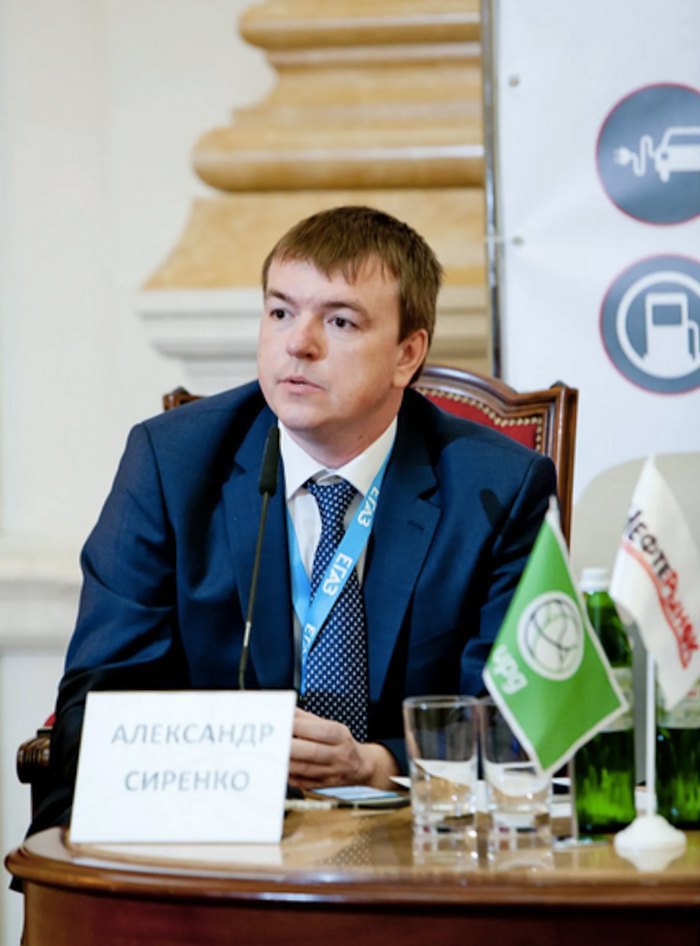
In the autumn of 2022, the supply of Russian oil to the EU was halted due to hostilities. Then the Russians fired missiles at the transformer that powered the pumps. This fact was acknowledged even in Hungary itself, as confirmed by Mol. The situation was so serious that Viktor Orbán had to convene the country's Defence Council.
According to the financial company Fitch Ratings, Hungary may completely get rid of its dependence on Russian oil next year. But this is more of a political than an economic issue, as Viktor Orbán's government insists on even closer cooperation with Russia.
The Czech Republic, which also still buys Russian oil, has decided to take a different path. Prime Minister Petr Fiala said that his country would abandon the resource from Russia next year. More oil will be pumped through the Transalpine pipeline. In the meantime, the Czech Republic is even increasing its supplies from Russia from time to time.
Serious threats to Ukraine
Hungary and Slovakia sent a letter to the European Commission complaining about Ukraine. However, they noted that the conflict can only be resolved at the level of the EU leadership, and that individual countries do not have the authority to do so.
"We are studying the contents of this letter and gathering more information before making a decision. At the moment, there is no immediate harmful impact on the security of oil supplies to the EU," said Olof Gill, a spokesman for the European Commission.
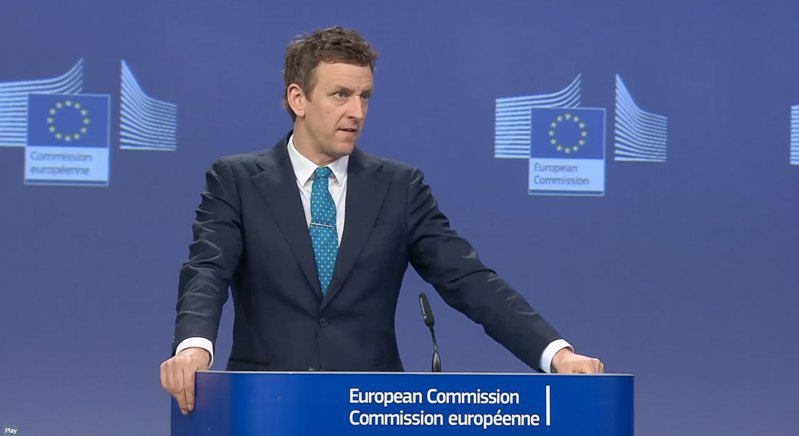
Slovakia openly threatened Ukraine. It promised to stop selling fuel. However, even if this happens, it will not greatly harm the Ukrainian market. Supplies of petrol and automotive gas from Slovakia are scarce. But diesel shipments have been increasing in recent months.
"Since the beginning of 2024, they have increased by about four times compared to last year. On the contrary, supplies from Hungary have halved. Supplies from these two countries together account for 8.7% of diesel imports. And we have 10-20% more supply on the market. Therefore, the suspension of supplies will not make a difference either in prices or in any hint of a shortage," said Oleksandr Sirenko.
There is also no point in worrying about threats to stop gas transit from Slovakia, said Andriy Kobolyev, former head of Naftogaz.
"The Slovak attempts to put pressure on Ukraine with gas because of their dissatisfaction with oil issues are a mistake, as they leave Ukraine with a manoeuvre in gas issues. In simple terms, we will have the last word in such a construction. This is our advantage," he wrote on Facebook. "The reverse flow of gas through Slovakia to Ukraine in 2014 was opened not because of our neighbours' ardent desire to comply with their international obligations, but because of the intense pressure put on Slovak Prime Minister Fico by Vice President Biden. Fico certainly could not forget this. Therefore, their threats to stop the reverse flow are either a bluff or stupidity. And even if they hope that Trump will win, become president, and allow them to continue to receive oil and gas from Russia at a discount for their loyalty to the Kremlin, they are very much mistaken. It's not going to happen.”
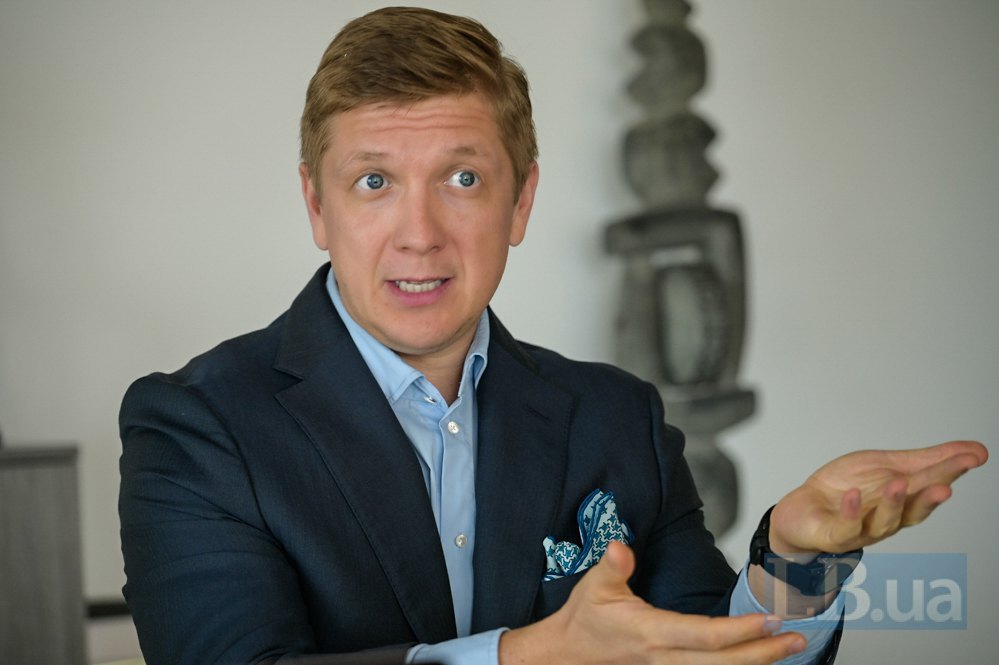
Hungary, on the other hand, holds another much more dangerous trump card. This country sells the most electricity to Ukraine. For example, in June, the volume reached almost 360 thousand MWh. This represents a 42% share of imports. Purchases from abroad can significantly reduce the electricity shortage in Ukraine.
"I am not sure that the Hungarian government has any influence on the electricity transmission system operator. But if this happens, it will mean that the country does not comply with the rules and regulations of the European Union. The operator must be independent," said Hennadiy Ryabtsev, PhD in engineering and energy expert.

However, the sale of electricity also means millions of euros for the Hungarian budget, so Viktor Orbán's government did not dare to take this step. Instead, it is parasitising on another topic: Hungary has once again blocked €6.5 billion in arms for Ukraine. The EU planned to allocate these funds from the European Peace Fund. The Hungarian foreign minister does not hide his plans. Peter Szijjártó threatens to continue blocking billions until Ukraine lifts sanctions against Lukoil.
"Ukraine can appeal to the European Commission from the point of view that Hungary is working with our country exclusively using the language of ultimatums. And it serves not so much its own national interests, as Peter Szijjártó wants to prove, as special relations with Russia. Both political, as the Hungarian prime minister's visit to Moscow proved, and economic and energy," political observer Vitaliy Portnikov is convinced.
Budapest has also started accusing Kyiv of violating the terms of the Association Agreement with the EU. The government of Viktor Orbán has not explained how the sanctions against Lukoil are related to this. So far, Hungarian officials have only hinted and threatened to stop Ukraine's integration into the EU.








